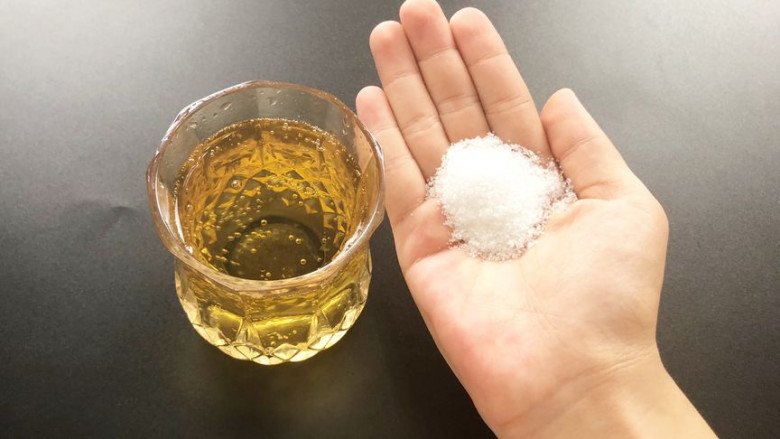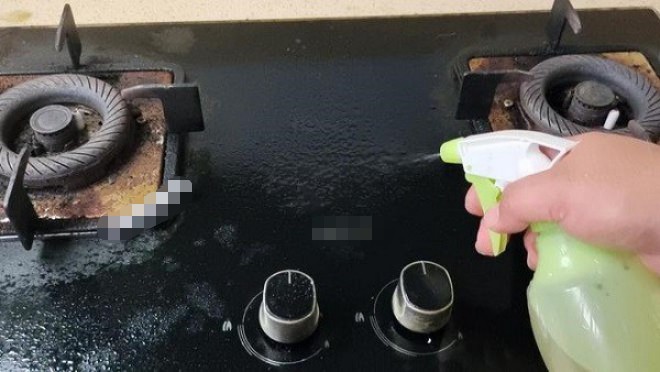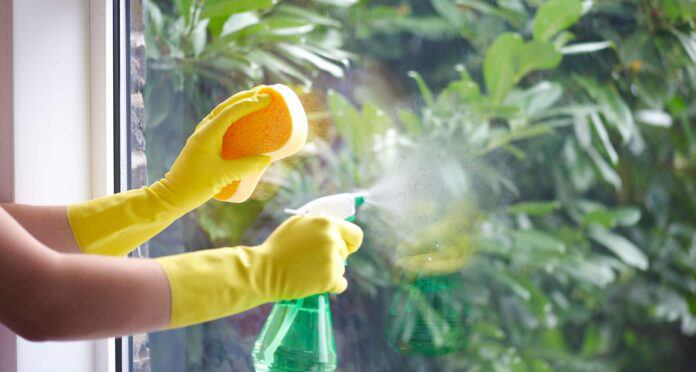What to do when you accidentally put too much salt in your food?
When cooking, there are times when we accidentally put too much salt. If we throw it away, it will be wasteful, but if we leave it as it is, it will be too salty to eat. So what should we do when we put too much salt in our food? Don’t worry, for dishes like hot pots, stews, and stir-fries, there are ways to balance the flavors.
What to do when you put too much salt in your food?
Don’t think that you can fix the saltiness by adding more water to the dish. Depending on the dish, you should apply the appropriate solutions. Below are some ways you can try.
Add water
This method is suitable for soups, broths, and hot pots. When your dish is too salty, you can fix it by adding a little bit of filtered water to neutralize and reduce the saltiness. After that, you can season it again with common spices such as seasoning powder, broth powder, pepper, or chili to adjust the flavor according to your preference.

What to do when you put too much salt in your food? Adding water is the simplest method for soups. (Photo: istock)
Use fresh lemon
You can use fresh lemon to reduce the saltiness of your food. Take 1/2 or 1 teaspoon of lemon juice and add it to soups or dishes with a lot of liquid. The lemon juice will help reduce the saltiness without affecting the distinct flavor of the dish.
Note: Do not use lemon to “rescue” dishes that contain dairy products, as they will coagulate.
Use vinegar
Just a small amount of rice vinegar can neutralize the saltiness of the dish. Add the vinegar slowly, tasting it as you go, and stop when it tastes just right. Don’t add too much vinegar, as it might affect the flavor of the dish.
Use unsweetened yogurt
If you don’t have lemons or vinegar, you can use unsweetened yogurt to reduce the saltiness of the food. Add 1-2 teaspoons of unsweetened yogurt and stir well. Note that you should not use yogurt for hot dishes.
Using unsweetened yogurt is also an effective method to reduce saltiness. (Photo: BC Dairy)
Using unsweetened yogurt is also an effective method to reduce saltiness. (Photo: BC Dairy)
Use raw potatoes
Raw potatoes are very effective in absorbing salt. When your dish is too salty, you can put a few slices of raw potatoes into the pot for at least 15 minutes, and then remove the potatoes before serving. This method is suitable for soups, stews, and stir-fries.
Use tomatoes
You can add sliced tomatoes to the pot and leave them for about 15-20 minutes. The natural acidity of tomatoes will help reduce the saltiness. When serving, you just need to remove the tomatoes.
Use egg whites
When your soup or broth is too salty, you can add raw egg whites or duck egg whites to the pot for about 5 minutes, and then remove them. Note that you should keep the egg whites intact, without beating them.

What to do when you put too much salt in your food? Use egg whites to fix the saltiness of soups. (Photo: Healthline)
Use honey
Honey has a natural sweetness that helps reduce the saltiness and enhances the flavor of soups, stews, and broths. Just add a few teaspoons of honey to the dish. If you don’t have honey, you can use sugar instead.
Is eating salty food harmful?
Our bodies need salt. In the past, when transportation was difficult, people in mountainous regions had to burn cattail to get ash as a substitute for salt because cattail contains a small amount of NaCl.
According to Associate Professor Dr. Nguyen Duy Thinh, a food technology expert, salt is the main source of sodium, which helps normal bodily functions. Sodium keeps the mind sharp and maintains stable blood pressure.
However, eating too much salt can have the following consequences:

It is important to eat the right amount of salt for your body. (Photo: everydayhealth)
Increased blood pressure
Eating too much salt increases the permeability of cell membranes to sodium. Sodium ions will transfer more into the smooth muscle cells of blood vessels, increasing the water content in the cells, increasing the tension of the blood vessels, causing vasoconstriction, increasing peripheral resistance, and leading to increased blood pressure.
Stroke
According to the World Health Organization (WHO), regular consumption of salty foods is the cause of 62% of stroke cases. Scientists have found that reducing 1 teaspoon of salt in meals every day can reduce the risk of stroke.
Heart disease
When consuming salty food, we need to drink more water. This increases the volume of blood circulation and makes the heart work harder. If this condition lasts for a long time, the left ventricle of the heart will become enlarged, leading to heart failure. The left ventricle can return to normal if we detect and reduce the amount of salt taken into the body.
Kidney damage
When you eat salty food, your body needs to absorb more water, increasing blood circulation to the kidneys, which have to work harder to filter the blood. This can eventually lead to kidney weakness.
Stomach problems
Salt interacts with Helicobacter Pylori (HP) bacteria, which cause gastric and intestinal ulcers. This type of bacteria is the cause of 80-90% of gastric and intestinal ulcers. A study in Japan showed that people who regularly consume salty foods have twice the risk of stomach cancer compared to others. High sodium levels also reduce the effectiveness of stomach cancer treatment.
Weakens bones
Eating too much salt can cause calcium loss from the bones, while calcium is an important factor for strong and healthy bones. Calcium-deficient bones become weak and more prone to fractures.
Source: VTC news
The post https://meo.tips/tips/what-to-do-when-you-accidentally-put-too-much-salt-in-your-food/ appeared first on Meo.tips.
View more from Meo.tips:
Common Misconceptions about Food Wrapping People HaveBinh Thuan Homestay Provides Stunning Views and inspires Thousands of Photos
Explore Fun Places to Visit in Saigon for a Memorable Tet Holiday
The Best 10 Affordable and Unique Home Stays Near the Center of Saigon
Exploring the Beauty of Nha Trang-Khanh Hoa: Stunning Blue Seas and Spectacular Views
Tips for Making Cakes with a Rice Cooker
What Tips Do You Know for Processing and Preserving Fresh Fruit?
Tips for Reducing Dark Circles and Eye Fatigue
Guidance for Air Travel in the Post-Covid World
Draft Amendment Law Explains Vehicles That Can Be Driven with A1, B1 Licenses
Discover How to Maintain Pink Lips without Using Lipstick
Determining Shoe Size for Men: A Simple and Easy Guide
Show Off Your Style this New Year with An Ao Dai
8 Stunning Hairstyles for International Women’s Day to Empower Her to Shine
Pack Smart: 5 Must-Have Household Items for Travel
Explore Unique Cultures at Bac Lieu Garden’s Top Tourist Destinations
8 Iconic Temples in Ho Chi Minh City to Visit for Vu Lan Festival
How to Book CGV Movie Tickets on Your Phone
Benefits of Washing Your Face With Salt Water: A Step-By-Step Guide
Discover 9 Stunning Homestays Near the Center of Phu Quoc with Spectacular Views
Nhận xét
Đăng nhận xét